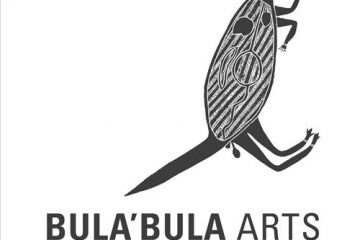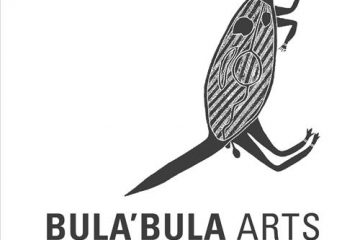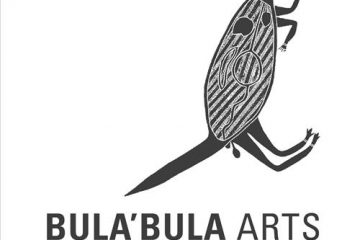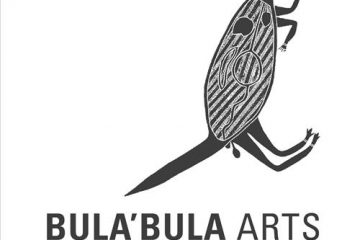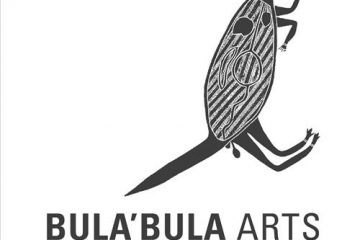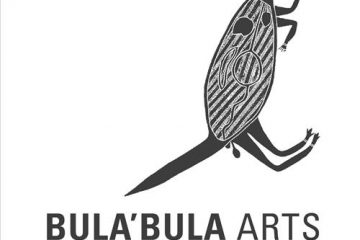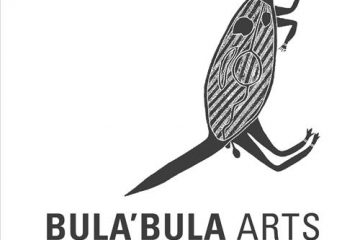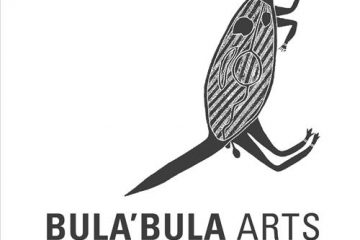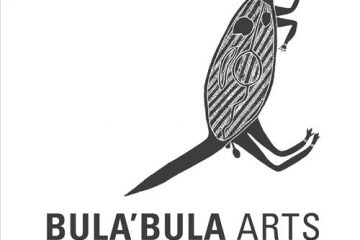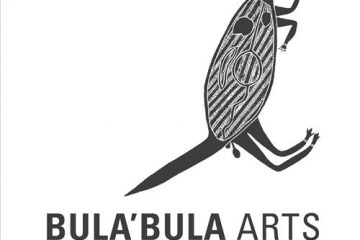Bula'bula Arts
115682295479
Bak ‘bididi (frogs) This painting depicts Bak’ bididi (frogs) sitting around a billabong. The Arafura wetlands across East Arnhem Land are filled with billabongs during the wet season, providing the perfect living conditions for bak’ bididi. Their calls you can hear far and wide during the day and night.
